Present at the blood donation waiting area of the Central Highlands General Hospital at 12:30, although it was past noon, the atmosphere was especially urgent.
Many patients' relatives, holding medical records and looking anxiously into the health clinic, were waiting for their turn to be tested, to register to donate blood or platelets to promptly transfuse to their relatives in emergency care.
Some people signed the consent form and hurriedly asked the doctor about the next steps. Some people quietly left the consultation room, disappointed that they did not meet the criteria to donate platelets to their relatives.
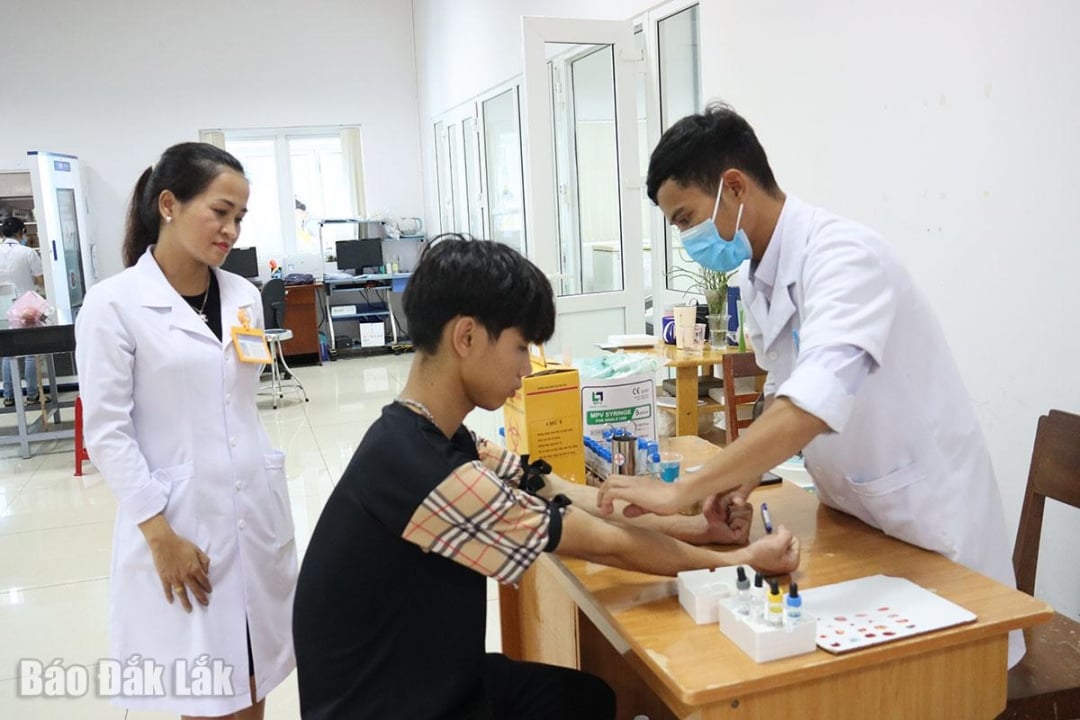 |
| Checking the health of blood donors at the Central Highlands General Hospital. |
Having just completed the blood and platelet donation registration procedure, Mr. Y Bay Kbuor (born in 1981, Tan An ward) said that his 9-year-old niece was admitted to the General Pediatrics Department with a diagnosis of thrombocytopenia of unknown cause. The hospital contacted volunteers and mobilized the patient's relatives to donate platelets but had not yet found anyone who met the requirements. "When my relatives informed me that my niece needed an urgent blood and platelet transfusion, I immediately put aside all my work and went straight to the hospital. As long as I can save her, I am ready to donate blood immediately!" - Mr. Y Bay confided.
Similarly, the family of patient Pham Van N. (24 years old, Krong Ana commune) was very crowded at the blood donation area of the Central Highlands General Hospital. Nearly 10 young people were ready to wait their turn to be called for examination, but after screening, only 2 people were eligible to donate platelets. Patient N. was diagnosed with leukemia in 2023 and is being treated at the Central Hematology and Blood Transfusion Hospital. When he returned home to visit, the disease relapsed and N. had to be hospitalized for emergency care.
According to the Provincial Hematology and Blood Transfusion Center, the demand for blood for emergency and treatment in the whole province is on average over 100 units of blood and blood products per day. The Central Highlands General Hospital accounts for the majority. Meanwhile, since the beginning of July, the Provincial Hematology and Blood Transfusion Center has only received about 30 - 40 units of blood per day. The blood shortage is very serious because the received blood is not enough to serve emergency and treatment.
The objective reason leading to this situation is that blood donation programs at the grassroots level are being interrupted, as at the commune level there are currently no specialized staff of the Red Cross to carry out these tasks.
Doctor CKII H'Nuong Nie, Head of the Laboratory Department, Tay Nguyen General Hospital said: To proactively respond to the blood shortage, the Laboratory Department has coordinated with the Provincial Hematology and Blood Transfusion Center to mobilize volunteers from schools and clubs to donate blood directly at the hospital. This work is carried out from Monday to Friday; medical staff can work through lunch.
In addition to the lack of blood groups, the supply of platelets to units such as the Department of Pediatrics - General Pediatrics, and the Department of Infectious Diseases is also extremely urgent, especially during the complicated developments of the dengue fever epidemic. The blood in the reserve will be prioritized for emergency cases, in other cases the hospital will mobilize relatives to donate on the spot and carefully screen to replenish the blood reserve.
"The Central Highlands General Hospital uses an average of 2,000 - 2,200 units of blood per month, including packed red blood cells and fresh frozen plasma; for platelets, the hospital uses about 100 kits per month for emergency care." Doctor CKII H' Nuong Nie, Head of Laboratory Department, Central Highlands General Hospital |
Since April 2025, the Central Highlands General Hospital has put into operation a molecular biology testing system to screen for blood-borne viral agents such as HIV, hepatitis B, and C. This is the first and only system in the province for in-depth screening. In addition to serological screening, molecular biology screening will be conducted to ensure safe blood products (according to Circular 26 of the Ministry of Health on blood transfusion safety). At the same time, the hospital is also fully equipped to serve patients who need blood transfusions using a compatibility reaction machine as quickly as possible. Accordingly, before being transfused to the patient, the blood will be tested for compatibility between the patient and the blood bag, avoiding blood transfusion accidents due to incompatibility.
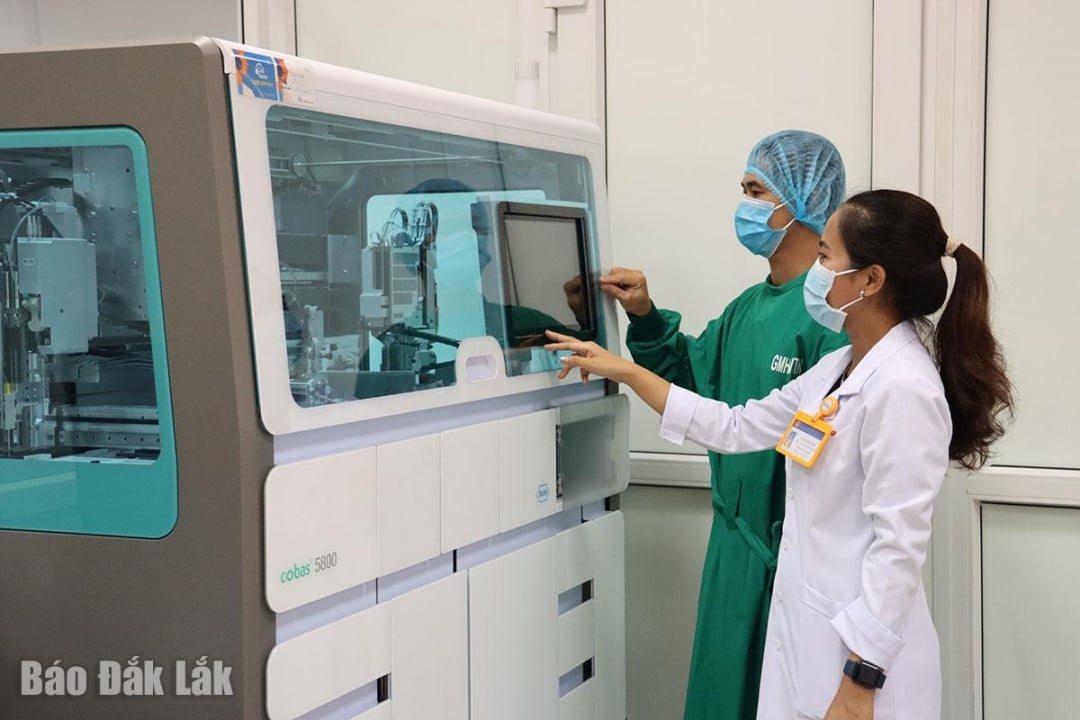 |
| The Central Highlands General Hospital has put into operation a molecular biology testing system to screen in-depth for blood-borne viral agents. |
To develop expertise to meet increasing demands, in 2025, the Laboratory Department of the Central Highlands General Hospital built a laboratory according to ISO 15189:2022 standards. This is the latest version of the international standard on quality and capacity requirements of medical laboratories.
Faced with a frequent shortage of blood for transfusion, the Central Highlands General Hospital is planning to establish a live blood bank under the hospital to ensure a timely blood supply for patients.
The Live Blood Bank gathers volunteers from medical staff, youth union members, medical students and local people who are ready to donate blood when there is an urgent need. Each volunteer is tested, blood typed and information is stored in the hospital's own management system, helping to closely control and quickly coordinate.
This model not only helps reduce pressure on blood reserves, but also demonstrates humanitarian spirit and community responsibility in the work of saving patients.
Source: https://baodaklak.vn/xa-hoi/202508/chu-dong-nguon-mau-giai-phap-cap-bach-tu-benh-vien-tuyen-dau-3221227/



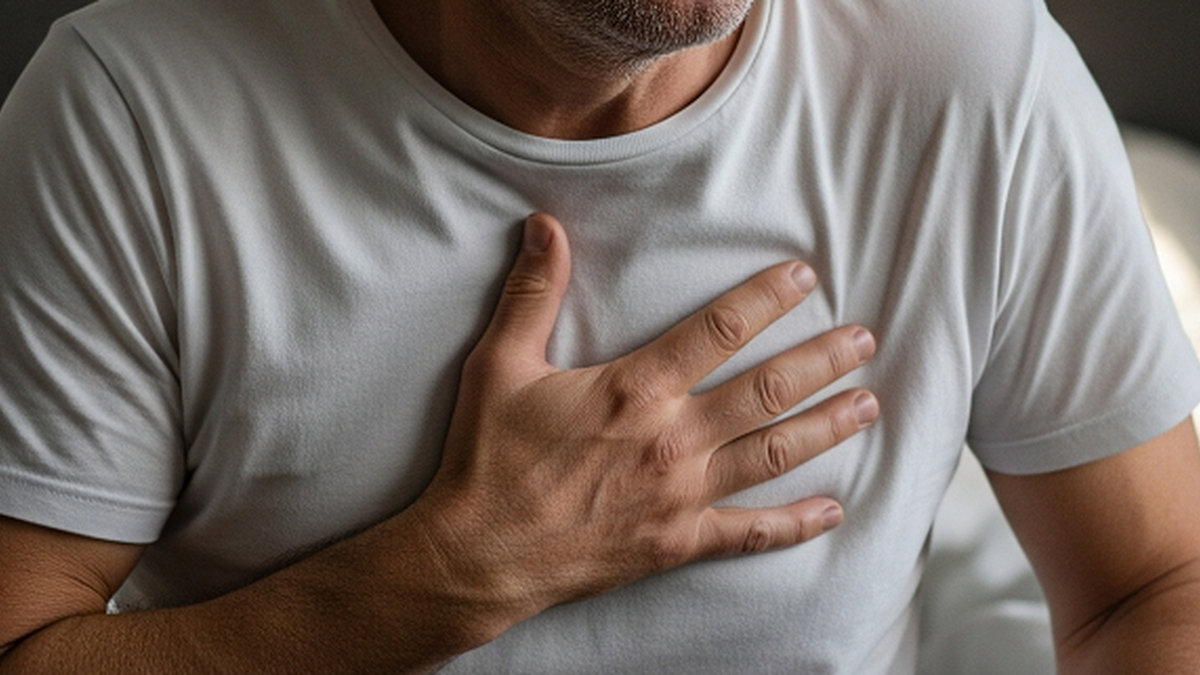



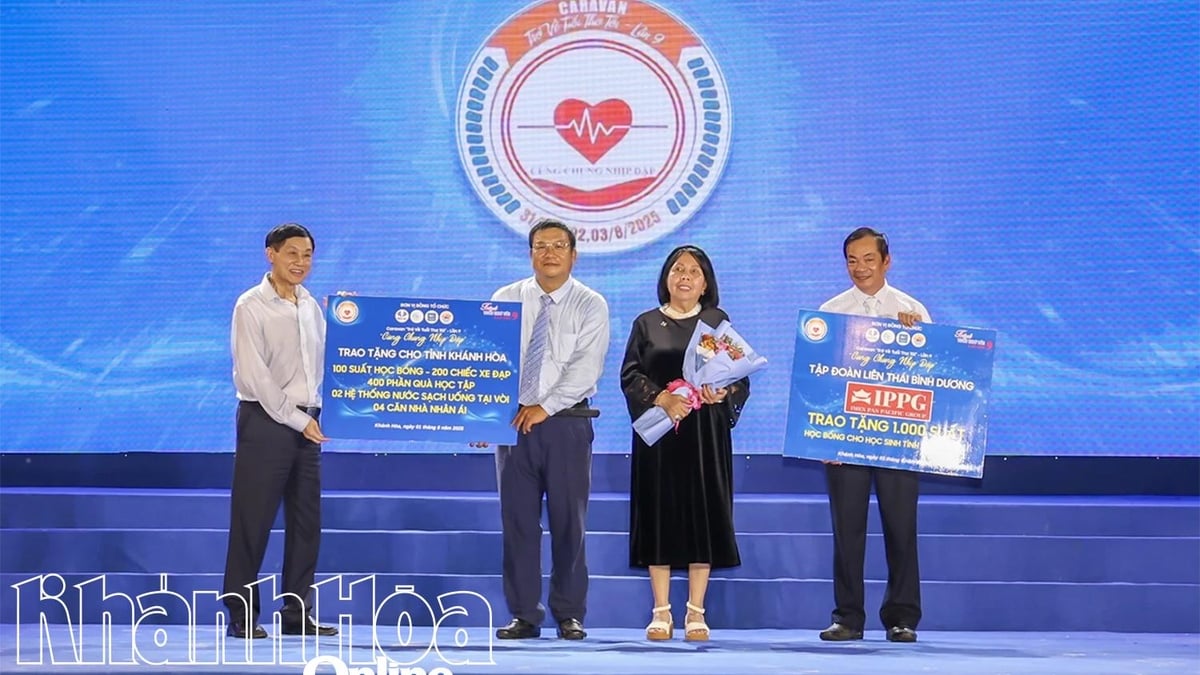



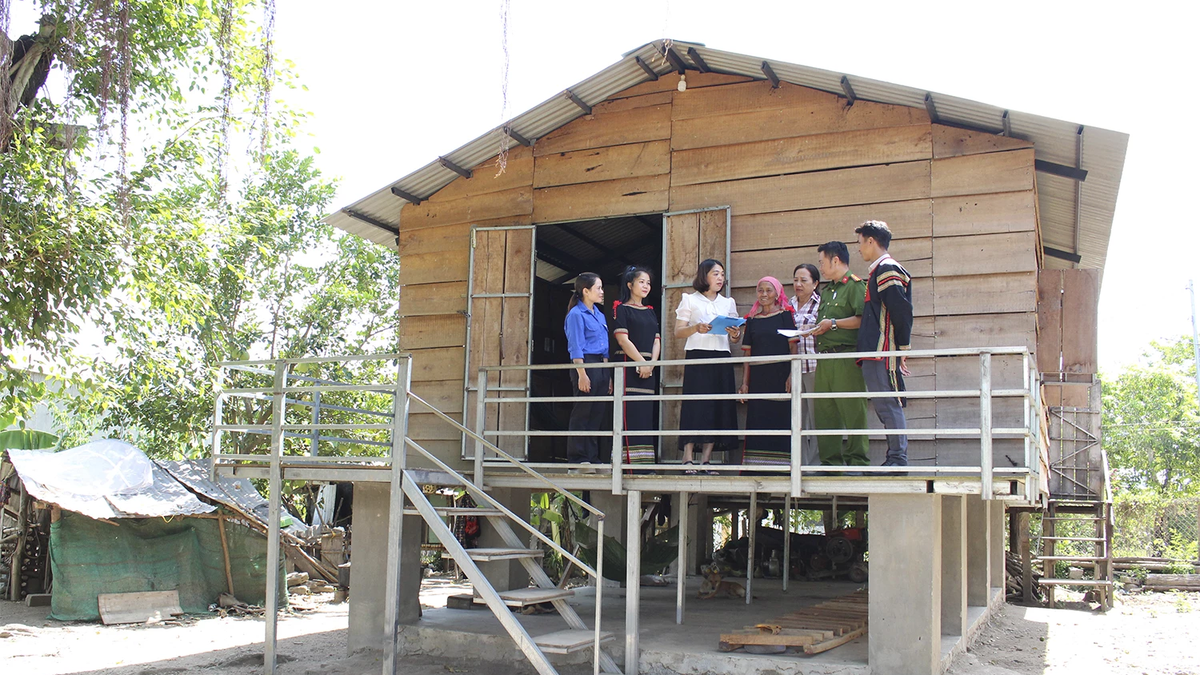










































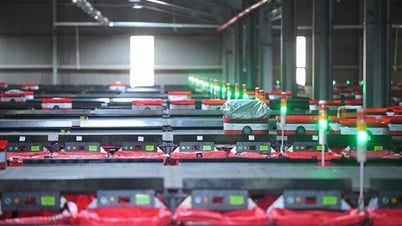



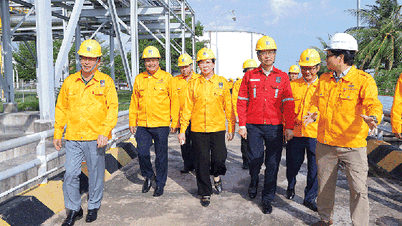

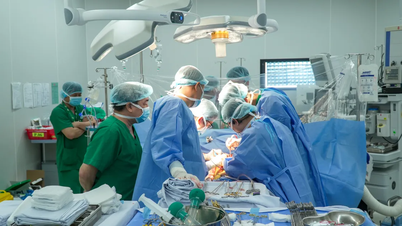



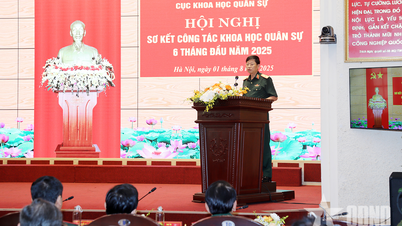



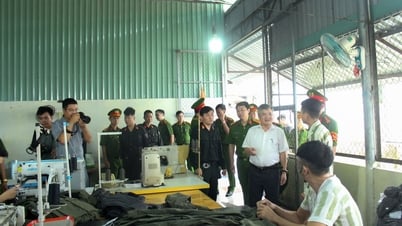


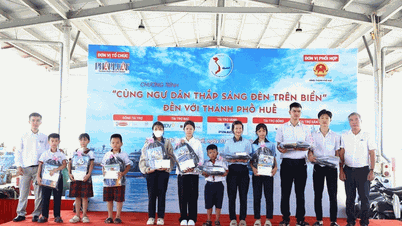







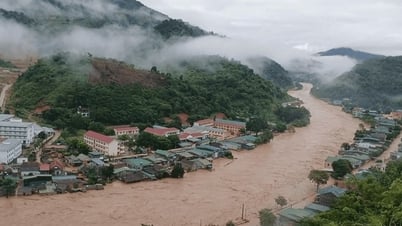























Comment (0)